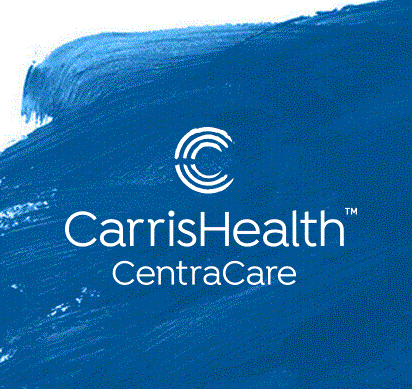
Gil-Mor Manor partners with several area hospice agencies in order to provide comprehensive care for those residents that have a life expectancy of six months or less. The focus of hospice care is comfort, and thus having hospice care can help provide support for the patient and their family in order to ensure a peaceful, rather than a painful death. Hospice is covered by Medicare Part A if the beneficiary has a life expectancy of six months or less. If the terminally ill patient elects the hospice benefit, he or she waives curative treatment for his terminal illness, but can continue to receive curative treatment for other illnesses.
Hospices specialize in serving patients with a terminal illness. While these illnesses are not curable, a lot can be done to make patients more comfortable and help them do things that are important to them at this stage of their life.
The focus of hospice care is on improving and maintaining patients' and their families' quality of life. By expertly managing pain and other symptoms, hospice helps individuals to live as well as possible.
Hospice care uses a team approach to patient care. Hospice staff includes doctors, nurses, home health aides, social workers, spiritual care providers, and other professionals, such as nutritionists and physical therapists
.
Care is personalized for each patient's and family's needs, this includes adapting the level of medical care to the changing condition of the patient.
Most people who have a terminal illness are eligible for hospice care and have their care paid for by Medicare, Medicaid, Veteran's Benefits, or private insurance.
Hospice supports patients and their families with a terminal illness by providing services such as:
-
Regular visits by a nurse and other hospice staff.
-
Consultations from hospice physicians, as needed.
-
Expert management of pain and other symptoms, such as problems breathing or swallowing.
-
Needed medications, medical equipment and supplies.
-
Coordination of the patient's care and medications with all of the patient's medical providers, including the patient's own doctors, hospice doctors, nurses, and other staff.
-
Expert guidance and support for those caring for the patient, including information about the patient's condition, their medications, and how to best care for the patient's medical and personal care needs.
-
Emotional and spiritual support for both the patient and their family during this phase of life. This includes help for the family before and after the patient dies.

